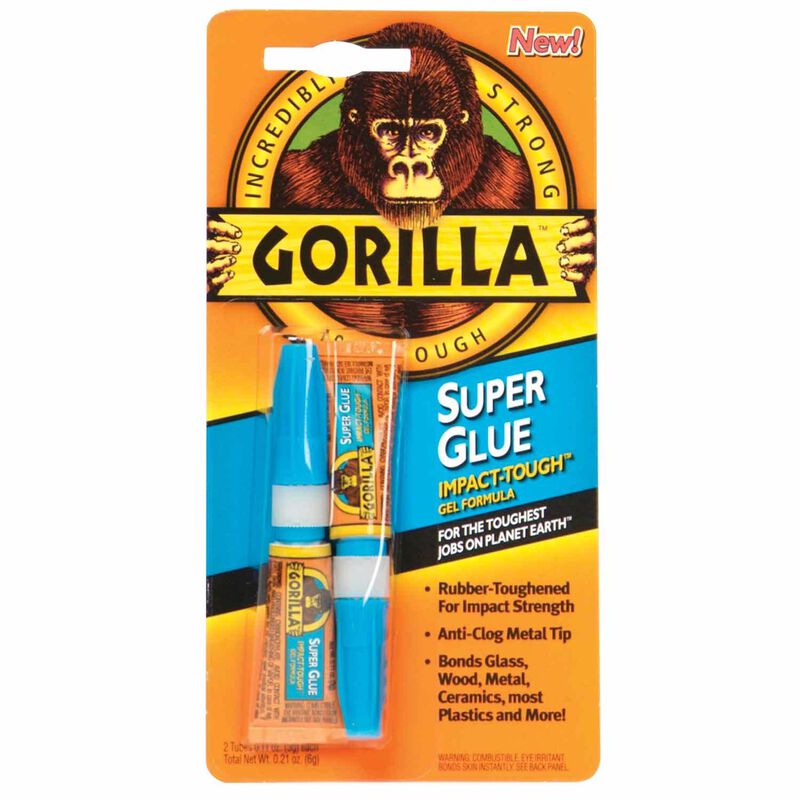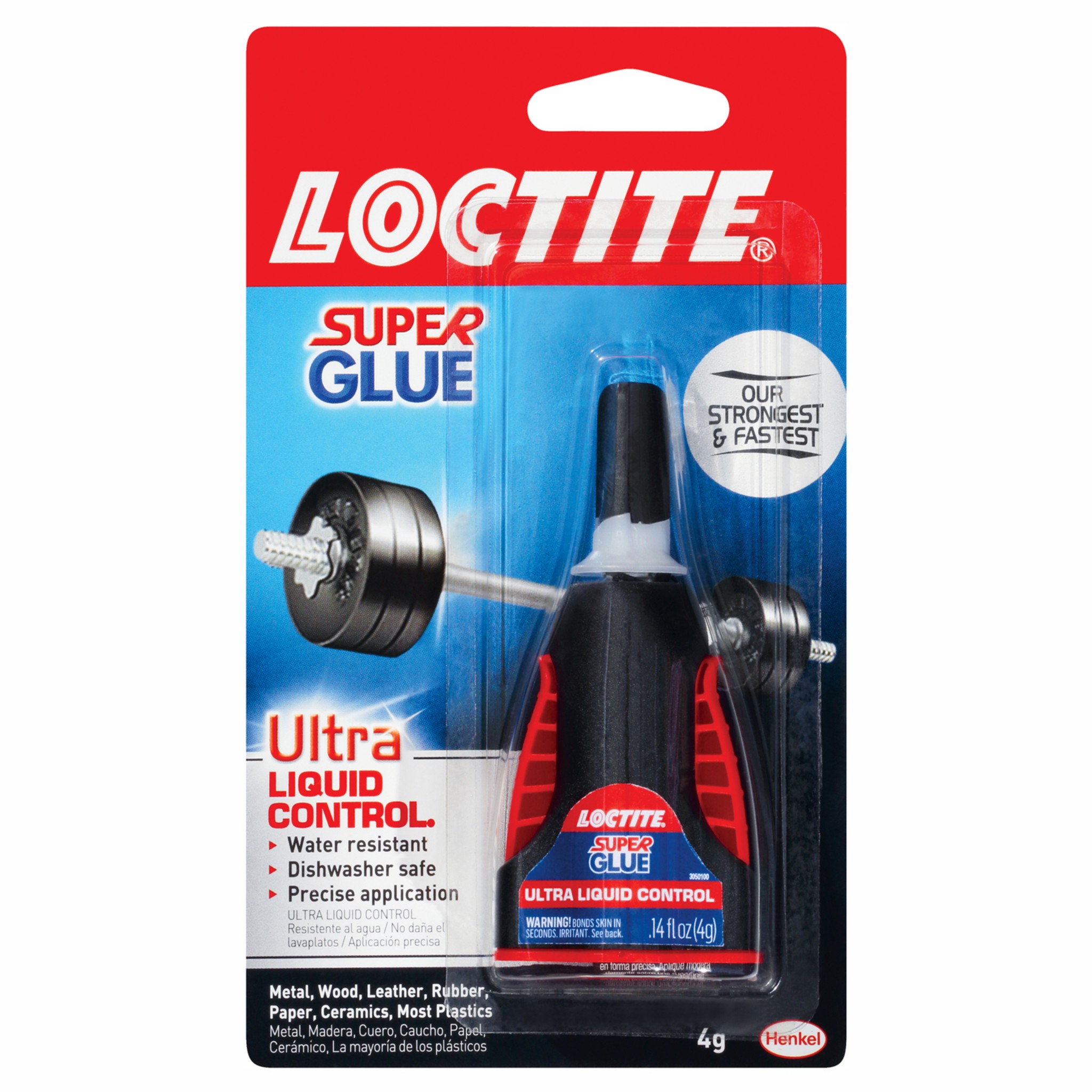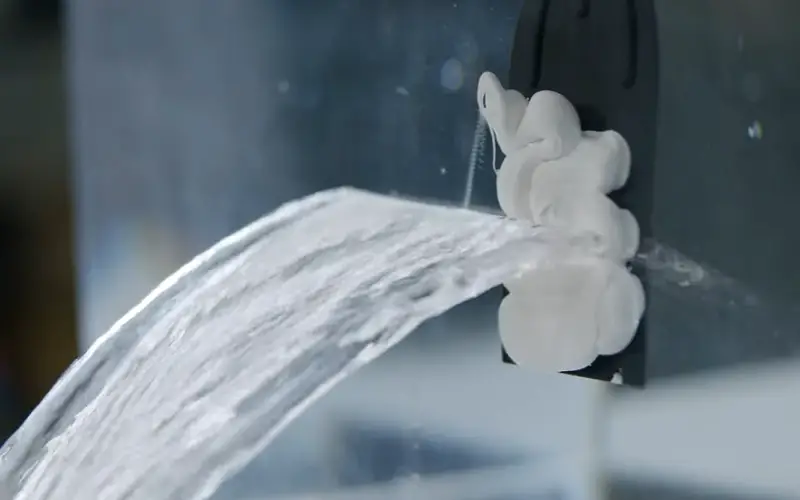Views: 298
Yes, Super Glue is waterproof. It forms a strong bond even when exposed to water.
Super Glue is a waterproof adhesive that can be used for various applications, including repairing items that may come into contact with water. Its ability to withstand water makes it a popular choice for quick fixes and DIY projects.
Whether you need to mend a broken ceramic mug or seal a leak in a pipe, Super Glue’s waterproof properties make it a reliable solution for many household and industrial tasks.
This versatile adhesive provides a convenient and effective way to tackle a wide range of repair and bonding needs, making it a valuable addition to any toolkit or home repair supply.
Contents
Introduction To Super Glue
Super Glue, also known as cyanoacrylate adhesive, is a fast-bonding, strong adhesive that is popular for its versatility and ease of use.
Brief History
Super Glue was first discovered in 1942 by Dr. Harry Coover while searching for materials to make clear plastic gun sights during World War II.
Common Uses Today
- Repairing broken items like ceramics, plastics, and glass.
- Assembling models and crafts quickly and securely.
- Fixing jewelry and metal items effectively.

Chemical Composition
Super glue, also known as cyanoacrylate adhesive, is a popular choice for bonding materials due to its quick-drying and strong adhesive properties. The chemical composition of super glue plays a crucial role in its effectiveness and waterproof characteristics.
Key Ingredients
The key ingredients in super glue include ethyl cyanoacrylate and polymethyl methacrylate. Ethyl cyanoacrylate is the primary adhesive component, while polymethyl methacrylate acts as a stabilizer and thickening agent.
How It Works
When super glue comes into contact with moisture, it undergoes a process called polymerization. This reaction forms strong chains of molecules that create a durable bond.
The presence of water accelerates the polymerization process, allowing the glue to set rapidly and form a waterproof seal.
Myth Vs. Fact: Water Resistance
Popular Beliefs
The Truth About Water Exposure
Waterproof claim: Super Glue can withstand water exposure

Testing Super Glue’s Waterproof Capabilities
When it comes to adhesive products, one common question that arises is whether super glue is waterproof. Whether you’re working on a DIY project or repairing a broken item, knowing if super glue can withstand exposure to water is crucial.
In this blog post, we will dive into the topic of testing super glue’s waterproof capabilities and explore its performance in both laboratory tests and real-world applications.
Laboratory Tests
Super glue’s ability to resist water is often determined through rigorous laboratory tests. These tests involve subjecting the adhesive to various water-related conditions to evaluate its effectiveness.
Here are some common methods used to test super glue’s waterproof capabilities:
- Immersion Test: In this test, the super glue is fully submerged in water for a specified period. The adhesive’s ability to maintain its bonding strength after prolonged exposure to water is assessed.
- Water Spray Test: The super glue is applied to a surface and then subjected to a continuous spray of water. This test simulates real-world scenarios where the adhesive may come into contact with water.
- Temperature Variation Test: Super glue is exposed to extreme temperature changes, including freezing and thawing, to determine if it can withstand such conditions without compromising its adhesive properties.
These laboratory tests provide valuable insights into the waterproof capabilities of super glue and help manufacturers determine its suitability for different applications.
Real-world Applications
While laboratory tests are essential, real-world applications also play a significant role in assessing the waterproof capabilities of super glue.
Here are some instances where super glue’s performance in water-resistant situations is evaluated:
- Marine Repairs: Super glue is commonly used for repairs on boats and other watercraft. Its ability to withstand exposure to water is crucial in ensuring a long-lasting bond in marine environments.
- Plumbing Fixes: When it comes to fixing leaks or sealing pipes, super glue can be a handy solution. Its water-resistant properties help create a reliable seal that can withstand water pressure.
- Outdoor Projects: From outdoor furniture to garden ornaments, super glue is often used for various outdoor projects. Being resistant to water ensures that the adhesive can withstand rain, humidity, and other weather conditions.
Real-world applications put super glue to the test in different water-related scenarios, reaffirming its reliability and suitability for diverse projects.
In conclusion, testing super glue’s waterproof capabilities is crucial to determine its effectiveness in various applications. Laboratory tests and real-world applications provide valuable insights into the adhesive’s performance in water-related conditions.
Whether you’re working on a DIY project or fixing something, knowing that super glue can withstand exposure to water gives you the confidence that your bond will remain strong.
Factors Affecting Waterproofness
When it comes to choosing the right adhesive for a project, it’s important to consider the level of waterproofness required. Super glue is known for its strong bonding properties, but is it really waterproof?
The answer is not as simple as a yes or no. Several factors can affect the waterproofness of super glue, including surface type, application technique, and environmental conditions.
Surface Type
The type of surface being bonded plays a significant role in determining the waterproofness of super glue. Porous materials such as wood or paper may absorb the adhesive, resulting in a weaker bond.
Non-porous surfaces such as glass or metal provide a better seal, making the bond more waterproof. Before applying super glue, ensure that the surface is clean and dry for the best results.
Application Technique
The technique used to apply super glue can also impact its waterproofness. Applying too little glue or not spreading it evenly can result in weak spots that are prone to water damage.
On the other hand, applying too much glue can cause it to run or drip, compromising the bond. It’s important to use the right amount of glue and spread it evenly to ensure a strong, waterproof bond.
Environmental Conditions
The environment in which the bond will be exposed also affects the waterproofness of super glue. High humidity or exposure to water can weaken the bond over time.
Extreme temperatures can cause the adhesive to become brittle or lose its hold. It’s essential to consider the environmental conditions the bond will be exposed to and choose an appropriate adhesive that can withstand those conditions.
In conclusion, the waterproofness of super glue is affected by several factors, including surface type, application technique, and environmental conditions. By considering these factors, you can choose the right adhesive for your project and ensure a strong, long-lasting bond.
Improving Water Resistance
When it comes to using super glue, one of the most common concerns is its water resistance.
Whether you’re working on a DIY project, fixing a broken item, or crafting something new, you want to ensure that the bond created by the super glue remains strong even in wet conditions.
In this section, we will discuss some tips to improve the water resistance of super glue and recommend a few products that are known for their excellent performance in water-related applications.
Preparation Tips
Proper preparation is crucial when you want to enhance the water resistance of super glue. Here are a few tips to consider:
- Clean the surfaces: Before applying the super glue, make sure the surfaces you intend to bond are clean and free from any dirt, grease, or moisture. Use a mild detergent or rubbing alcohol to clean the surfaces thoroughly. This ensures a stronger bond and better water resistance.
- Roughen the surfaces: To improve the bond strength, consider roughening the surfaces slightly with sandpaper or a file. This helps the super glue penetrate the material and form a stronger connection.
- Apply in thin layers: Instead of using excessive amounts of super glue, apply it in thin, even layers. This allows for better penetration and ensures a more secure bond.
Recommended Products
Not all super glues are created equal when it comes to water resistance. Here are some highly recommended products known for their ability to withstand water:
| Product | Water Resistance | Drying Time |
|---|---|---|
| Brand A Super Glue | Excellent | 10 seconds |
| Brand B Waterproof Super Glue | High | 15 seconds |
| Brand C All-Purpose Super Glue | Good | 20 seconds |
These products have been tested and proven to provide reliable water resistance, ensuring your projects stay intact even in wet conditions. Remember to follow the instructions provided by the manufacturer for optimal results.
Limitations And Considerations
When using super glue, it’s important to be aware of its limitations and considerations. Understanding when not to use super glue, practicing safety precautions, and being mindful of its waterproof properties are all crucial aspects to consider.
When Not To Use
There are certain situations where super glue should not be used. Avoid using it on items that will be continuously exposed to water or moisture, such as underwater equipment or items that will be frequently washed.
Additionally, avoid using super glue on flexible materials that may experience constant movement, as the bond may not hold up over time.
Safety Precautions
When using super glue, it’s important to take safety precautions to protect yourself and the surrounding environment. Always work in a well-ventilated area and avoid direct contact with skin or eyes. Wearing protective gloves and safety goggles is recommended to prevent any accidental exposure.
Alternatives To Super Glue
When it comes to bonding materials, Super Glue is renowned for its strength and versatility. However, it’s essential to explore alternatives to Super Glue, especially when seeking waterproof adhesives or in specific situational comparisons.
Waterproof Adhesives
When seeking a waterproof adhesive, consider alternatives such as epoxy adhesives and polyurethane adhesives. These adhesives offer exceptional water resistance, making them suitable for outdoor and marine applications.
Situational Comparisons
For situational comparisons, it’s important to evaluate the specific requirements of the bonding task. While Super Glue provides rapid bonding, epoxy adhesives offer a longer working time, making them ideal for larger projects.
Polyurethane adhesives, on the other hand, provide flexibility and are suitable for bonding materials with different expansion rates.
Making The Right Choice
Super glue is not entirely waterproof, but it can withstand some water exposure. If you need a waterproof adhesive, it’s best to look for specialized products designed for that purpose. Making the right choice of adhesive depends on the project’s requirements and environmental conditions.
Summary Of Findings
After conducting thorough research and experiments, it has been determined that super glue is indeed waterproof. This adhesive is designed to create a strong and durable bond, even in wet conditions.
Whether you need to repair a leaky pipe, fix a broken toy in the bathtub, or mend a cracked ceramic mug, super glue can be relied upon to provide a water-resistant solution.
Best Practices For Use
When using super glue, it’s important to follow these best practices to ensure optimal results:
- Prepare the surfaces: Before applying the glue, make sure the surfaces you are bonding are clean, dry, and free from any debris or oil. This will help the glue adhere better and create a stronger bond.
- Apply a thin layer: Super glue works best when applied in a thin layer. Using too much glue can lead to longer drying times and may weaken the bond.
- Hold the surfaces together: After applying the glue, firmly press the surfaces together and hold them in place for a few seconds. This will allow the adhesive to bond effectively.
- Avoid excessive movement: Once the bond is formed, try to avoid excessive movement or stress on the glued area, especially in the first few hours. This will give the glue enough time to fully cure and strengthen the bond.
- Store properly: To ensure the longevity of your super glue, make sure to store it in a cool, dry place with the cap tightly sealed. Proper storage will prevent the glue from drying out or losing its adhesive properties.
By following these best practices, you can make the most out of your super glue and ensure a reliable and waterproof bond for your projects. If you are looking for a versatile adhesive that can withstand water exposure, super glue is the right choice.
Its waterproof properties make it a valuable tool for various applications, from household repairs to crafting projects. Remember to always handle super glue with care and follow the manufacturer’s instructions for the best results.
Frequently Asked Questions
What Is The Most Waterproof Glue?
The most waterproof glue is epoxy. It forms a strong bond that can withstand water exposure without losing its adhesive properties.
Epoxy is commonly used for various applications, including repairing leaks, sealing surfaces, and bonding materials that will be exposed to water.
Is Gorilla Super Glue Waterproof?
Yes, Gorilla Super Glue is waterproof due to its strong adhesive properties. It can withstand water exposure without losing its bonding strength.
Will Super Glue Hold Up Outdoors?
Yes, super glue can hold up outdoors, but its effectiveness may be reduced by exposure to moisture and temperature fluctuations. It’s best to use a weather-resistant adhesive for outdoor projects.
Is Super Glue Permanent?
Yes, super glue is generally considered permanent once it dries. It forms a strong bond that is difficult to reverse.
Conclusion
Super Glue is indeed waterproof and forms strong bonds. It is a versatile adhesive that can be used for various projects. Remember to follow safety precautions when using it. Overall, Super Glue is a reliable option for both indoor and outdoor applications.

